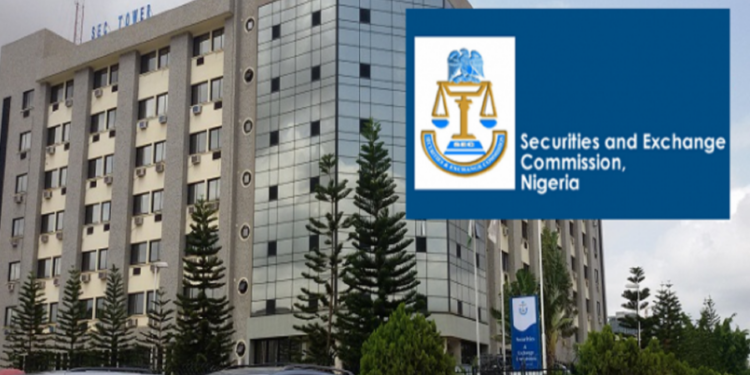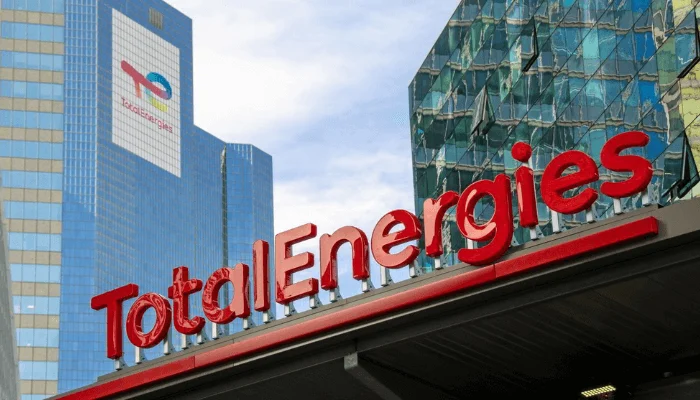The Securities and Exchange Commission (SEC) has approved the adoption of the mark-to-market method for valuing fixed income securities in Nigeria, marking a significant shift in the country’s capital market. This change replaces the long-standing amortized cost method, which valued securities at their purchase price regardless of market fluctuations. Under the new approach, securities will be valued based on current market prices, ensuring greater transparency and aligning Nigeria with international best practices.
The SEC has established a two-year transition period, starting from September 22, 2025, and ending in September 2027, to allow the industry to fully comply. During this period, fund managers can use a 50:50 mix of mark-to-market and amortized cost methods, as opposed to the previous 70:30 arrangement. However, all new securities purchased after September 22, 2025, must be strictly valued using the mark-to-market approach. Additionally, each fund manager is required to submit a detailed implementation plan to the SEC by October 2, 2025, outlining how they intend to comply with the new rules.
This decision is expected to enhance the accuracy and transparency of investment valuations, enabling investors to see the real-time value of their portfolios. However, this shift could also introduce more volatility, as fluctuations in interest rates and market dynamics will directly affect portfolio valuations. Analysts note that while this change may reveal hidden losses that were previously concealed under the amortized cost method, it will also boost investor confidence and improve liquidity in the fixed income market.
Industry stakeholders are closely monitoring how fund managers adapt to this change, particularly in terms of risk management and reporting. This reform is seen as a bold step by the SEC to strengthen Nigeria’s financial market and attract more local and international participation.




